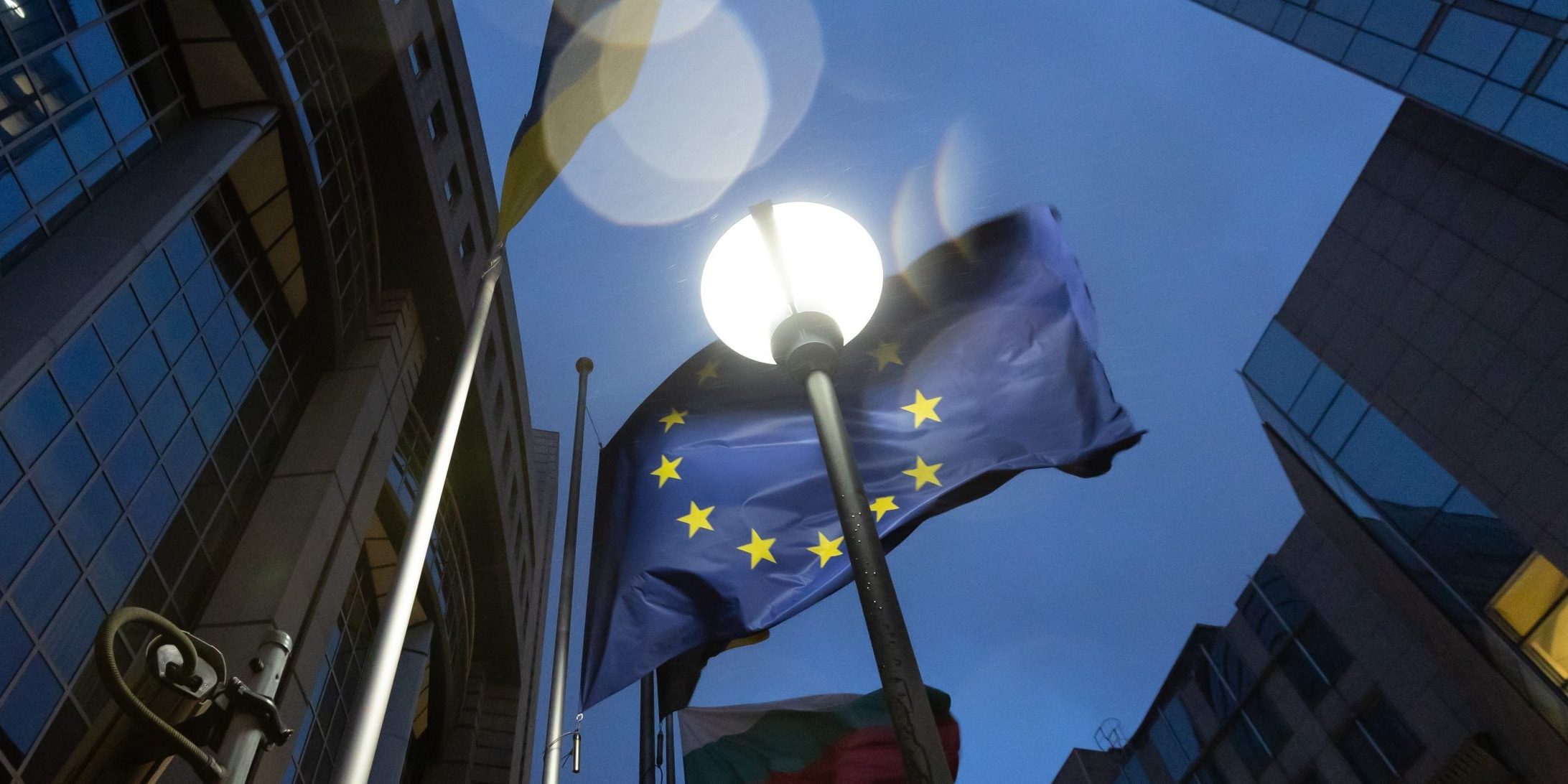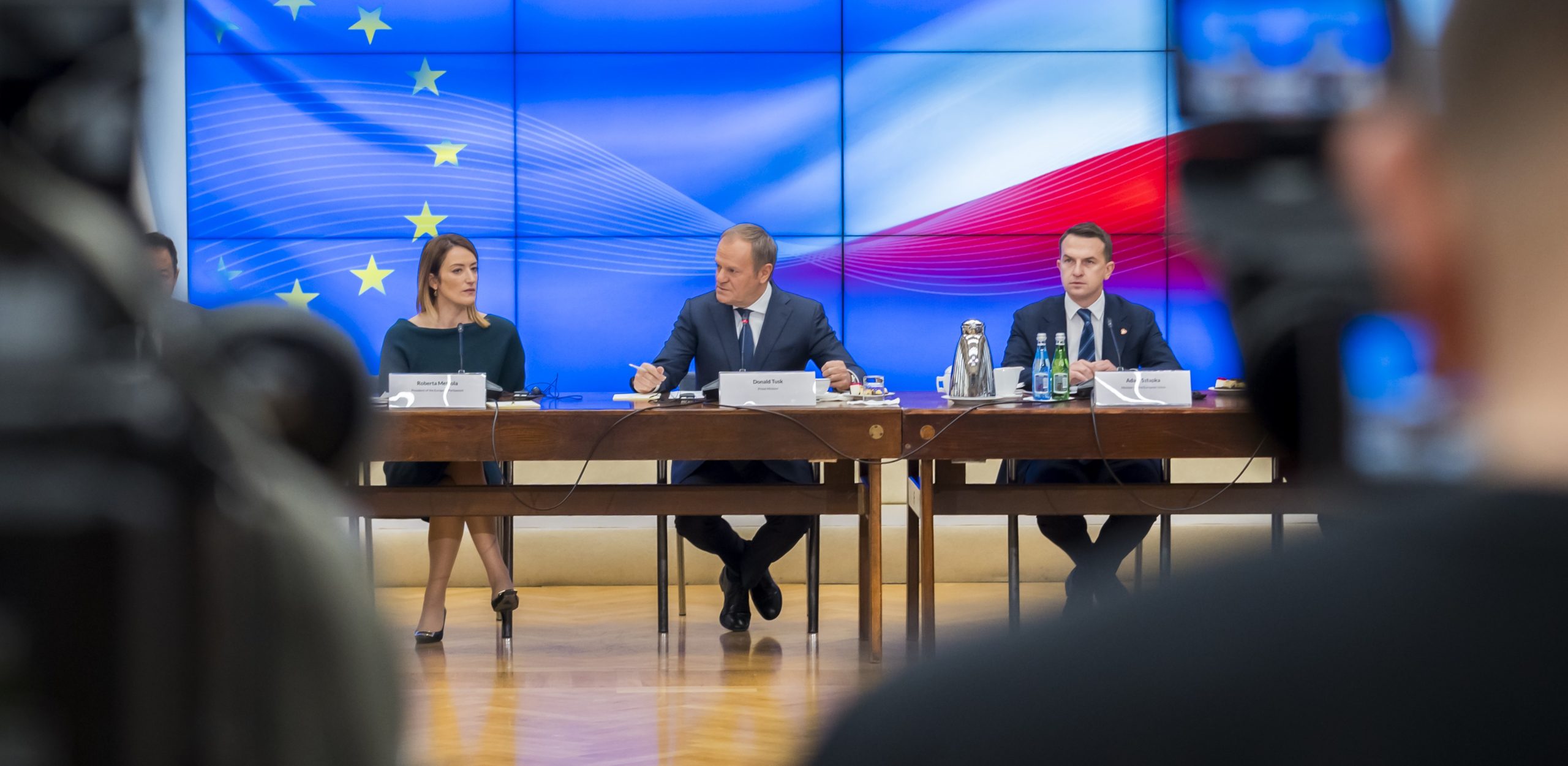
What can we expect from the Polish presidency?
Upcoming agenda set for the next six months.

The rotating Presidency of the Council of the European Union now lies in Warsaw, with the Polish presidency with us for six months from January 1st.
With settled Commission portfolios and MEPs now six months into the job, action can begin to heat up after the election-induced slowdown of the Hungarian presidency, which tended to focus more on the personal preferences of Viktor Orbán rather than the priorities of Europeans.
For workers, the Polish priorities resemble a continuation of pre-agreed policy decision along with promises to discuss some crucial topics within workplaces. This should come as no surprise given that the Commission work programme is yet to be pushed, but we can expect a focus on implementation of the EU Strategic Framework on Health and Safety at Work 2021-2027, continued work on the revision of the European Works Councils Directive, advancing the Traineeships Directive and starting work on a New Pact for European Social Dialogue. All of these previously discussed political developments will require continued work from trade unions, where Eurocadres will re-affirm our policy positions developed from last year.
In new developments, and as part of the future of work in digital Europe priority, the Polish Presidency will hold discussions on “possible solutions for the protection of people and their work in an age of increasing innovation and automation”, including on “legislative initiatives relating to the use of AI in the workplace and those relating to teleworking and the right to disconnect”. Both have been cornerstones of our advocacy efforts in previous years, and would be great wins for workers should they come to fruition. Coupled with new initiatives which could be announced in the Commission work programme, including the Action Plan on labour and skills shortages mentioned in the portfolio letters, there is plenty of scope for positive developments for European professionals and managers.
Action is also promised in relation to mental health, with a particular focus set to be on the threats posed by digital technologies, the intensive use of the Internet (including information and communication tools and platforms) and, predominantly, social media.
Equality and anti-discrimination are also earmarked as action areas during the presidency, with Warsaw seeking to focus on “gender equality in a modern digital society” (by utilising the Digital Services Act), reinforcement of actions for equal treatment, protection of minorities forming EU’s diversity against discrimination, as well as strengthening and promoting actions for gender equality and countering violence, including gender-based violence. These actions will lead to the adoption of the “Trio Declaration on Gender Equality”, which is scheduled to be signed in April.
In addition, the presidency will seek to lead the 2025 review of the implementation of the European Pillar of Social Rights Action Plan, with its three main objectives of increasing employment, strengthening skills and qualifications and reducing poverty among Europeans set for 2030.
These activities, along with specific focuses on health and Europe’s move to an ageing workforce, will be central pillars of a six-month period of heavy activity.
